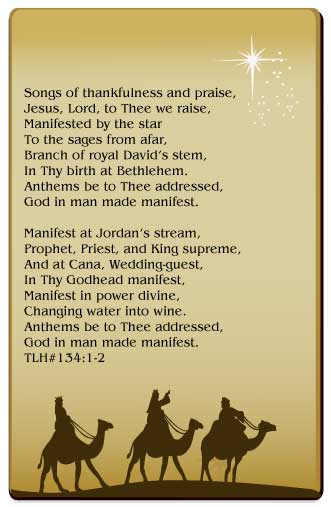The Means of Grace
During the Age of Enlightenment in the 18th century an insidious philosophy – namely, rationalism — spread throughout Europe and America. Rationalism’s proponents asserted that human reason, unaided by divine revelation, is the sole guide to all attainable religious truth.
 Human reason became the new god. The idea put forth was that if the human brain could not figure something out, it could not be true.
Human reason became the new god. The idea put forth was that if the human brain could not figure something out, it could not be true.
People began to turn away from the “other-worldly” focus of the Middle Ages toward the more worldly focus so prevalent in our day.
The Bible, however, speaks of a whole different concept of attaining truth.
The “carnal mind is enmity against God” (Romans 8:7). Without God’s Spirit, people walk in darkness, unable to find truth. “The natural man does not receive the things of the Spirit of God, for they are foolishness to him; nor can he know them, because they are spiritually discerned” (1 Corinthians 2:14).




